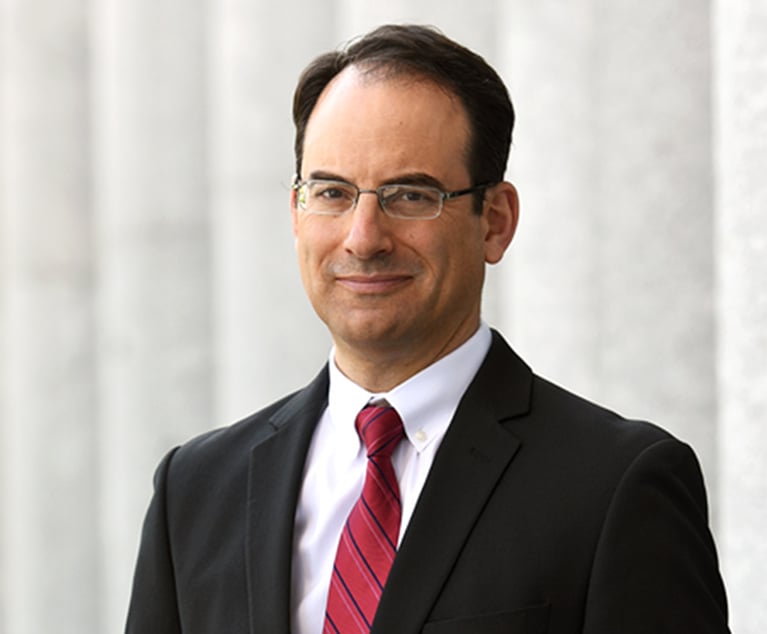This article appeared in Business Crimes Bulletin, an ALM/Law Journal Newsletters publication that features the news and analysis you need to stay on top of the fast-changing, multi-faceted world of financial and white-collar crime.
In an environment of aggressive federal prosecution and regulation both businesses and public officials are challenged to identify the permissible line between proper financial transactions — things like campaign contributions and business entertainment — and unlawful payments. And, in what the First Circuit called a “novel theory of Hobbs Act extortion,” public officials now have to struggle with the scope of permissible advocacy — when does advocacy for constituents become extortion? United States v. Brissette, 919 F.3d 670, 684 (2019).
This content has been archived. It is available through our partners, LexisNexis® and Bloomberg Law.
To view this content, please continue to their sites.
Not a Lexis Subscriber?
Subscribe Now
Not a Bloomberg Law Subscriber?
Subscribe Now
LexisNexis® and Bloomberg Law are third party online distributors of the broad collection of current and archived versions of ALM's legal news publications. LexisNexis® and Bloomberg Law customers are able to access and use ALM's content, including content from the National Law Journal, The American Lawyer, Legaltech News, The New York Law Journal, and Corporate Counsel, as well as other sources of legal information.
For questions call 1-877-256-2472 or contact us at [email protected]








